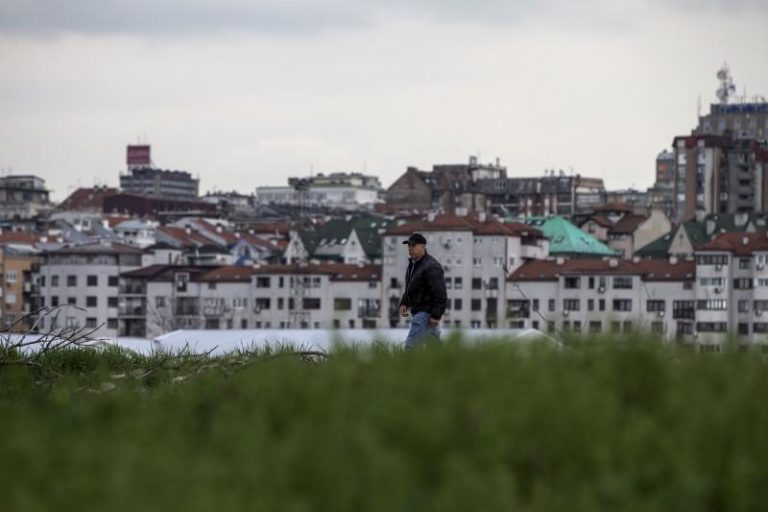
In the old town of Belgrade, real estate prices have been steadily going “uphill” in recent years. It is now difficult to buy a property in the area at a price lower than 1500 euros / square meter, with the average cost of buying an old apartment moving to much higher levels and the maximum approaching 4500 euros / square meter. The picture is similar in the new apartments in the picturesque old town of Belgrade.
Prices are also strongly up in Sofia, where newly built homes were sold at an average of 1,200 euros / sq.m. iIn the last quarter of 2021, compared to 1,115 euros / sq.m. during the corresponding period of 2020 (Bulgarian Properties SA data). In some areas of the Bulgarian capital, owners are asking for 1800-2000 euros / sqm and even up to 4000 euros.
The properties in the center of the capitals of the Balkans have become more expensive, with their prices in some cases exceeding those in Greece. This fact, combined with the steady increase in average wages in the countries of Southeast Europe, this creates a mix that in the next three years may bring more Balkans to the Greek real estate market – especially in the Greek North. Both as investors and as individuals, who now have greater financial comfort, will want to acquire a property in Greece, possibly -depending on the region- at a lower price than in their country.
These assessments were made by the president of the Hellenic-Serbian Chamber of Northern Greece and the Observatory of Property Prices and Appraisals of Southeastern Europe, Costas Georgakos, who in a relevant interview with state news agency AMNA cited discussions and contacts in his role and capacity as a broker.
“Very recently I was discussing with a big businessman in Serbia, about his general investments in real estate and when we talked about the opportunities in Greece, his interest immediately became apparent. The population of a country, when it grows economically, always looks for investment opportunities in its geographical neighborhood. It is a natural consequence to do most of your transactions with people with whom you are familiar and there is closeness and a closer relationship,” said Mr. Georgakos.
A reel in rewind
He also expressed the belief that, as a result of this trend, in the next two, three or five years, we will see many more Serbs and Balkan nationals in general in the Greek real estate market. “Serbian President Vucic recently reiterated that the average salary in Serbia will reach 900 euros net by 2025 (about 560 today). Income is growing steadily and people want to invest, as the Greeks did in the 2000s, seeking their fortune as investors in Bulgaria, Romania or Northern Macedonia. “Now, the ‘film’ is expected to be played in reverse,” says Mr. Georgakos.
He adds that some examples of this trend already exist, but it is expected it will be more pronounced in the coming years, with real estate demand mainly concerning – but not only – the real estate market of Thessaloniki and Central Macedonia and coming mainly from Serbia, Bulgaria, Bosnia and North Macedonia.
According to data from the consulting company SEECAP, based in Serbia, in the old city of Belgrade, the average price of an old apartment in 2020 reached 2,178 euros / sq.m. against 2042 euros / sqm in 2019 and 1838 euros / sqm in 2018, with a maximum price (in 2020) of 4452 euros. The corresponding prices for the new apartments were 2636 euros (2020), 2263 (2019), 2194 (2018) and 3836 (maximum).
Given that in the central municipality of Thessaloniki, the average bid price of homes for sale in the last quarter of 2021 was around 1620 euros per square meter, according to a Greek real estate classifieds website, it becomes clear why the Balkans see opportunities in the Northern Greece real estate market. An area that, among others, is visited by thousands for their summer vacations – but also for short urban getaways over the weekend by the inhabitants of the nearest countries.
Latest News

German Ambassador to Greece Talks Ukraine, Rise of Far Right & Tariffs at Delphi Economic Forum X
Commenting on the political developments in his country, the German Ambassador stressed that it was clear the rapid formation of a new government was imperative, as the expectations across Europe showed.

Athens to Return Confiscated License Plates Ahead of Easter Holiday
Cases involving court orders will also be excluded from this measure.

Servicers: How More Properties Could Enter the Greek Market
Buying or renting a home is out of reach for many in Greece. Servicers propose faster processes and incentives to boost property supply and ease the housing crisis.

Greek Easter 2025: Price Hikes on Lamb, Eggs & Sweets
According to the Greek Consumers’ Institute, hosting an Easter dinner for eight now costs approximately €361.95 — an increase of €11 compared to 2024.

FM Gerapetritis Calls for Unified EU Response to Global Crises at EU Council
"Europe is navigating through unprecedented crises — wars, humanitarian disasters, climate emergencies," he stated.

Holy Week Store Hours in Greece
Retail stores across Greece are now operating on extended holiday hours for Holy Week, following their Sunday opening on April 13. The move aims to accommodate consumers ahead of Easter, but merchants remain cautious amid sluggish market activity.

Green Getaway Ideas for Easter 2025 in Greece
Celebrate Easter 2025 in Greece the sustainable way with eco-farms, car-free islands, and family-friendly getaways rooted in nature and tradition.

Civil Protection Minister Details Summer Firefighting Plans at Delphi Forum
At the 10th Delphi Economic Forum, Minister of Climate Crisis and Civil Protection Yiannis Kefalogiannis discussed Greece's plans for the upcoming fire season.

How Shops and Markets Will Operate During Easter Holy Week
The Easter holiday schedule has been in effect since April 10, with retail stores open Palm Sunday, and most supermarkets also operating to meet consumer demand for Easter shopping

Why Is the French Aircraft Carrier Charles De Gaulle in Piraeus?
Docking in Piraeus after a four-month deployment in the Indo-Pacific region, the admiral of the aircraft carrier the Charles de Gaulle says, "Greece is our best partner in the Mediterranean."

























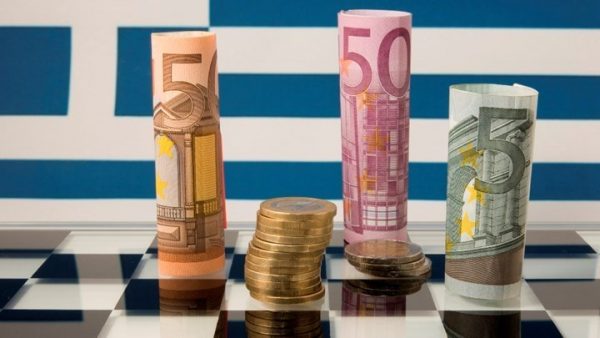
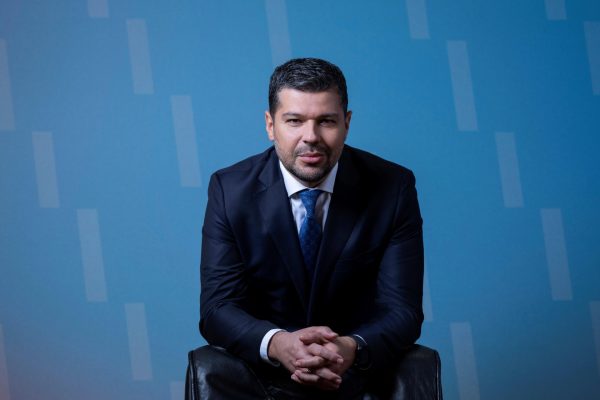

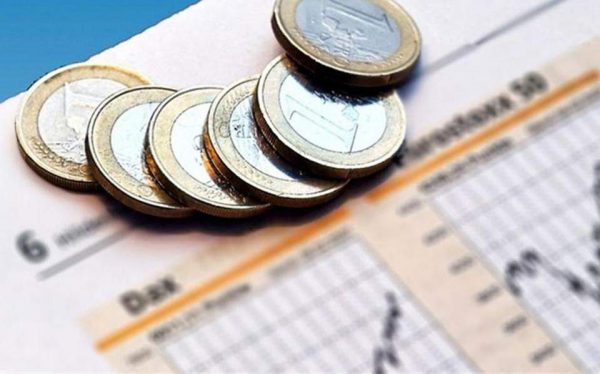





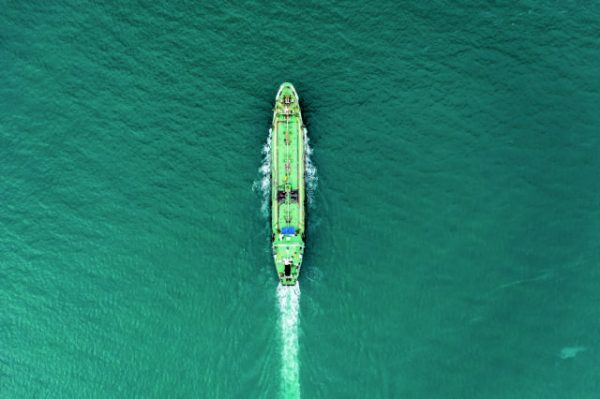






 Αριθμός Πιστοποίησης
Αριθμός Πιστοποίησης